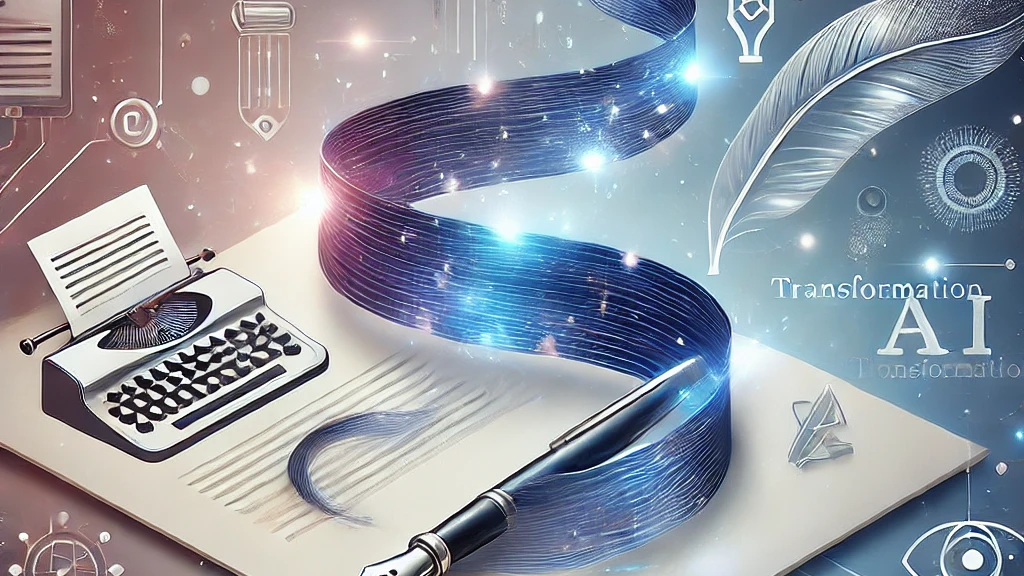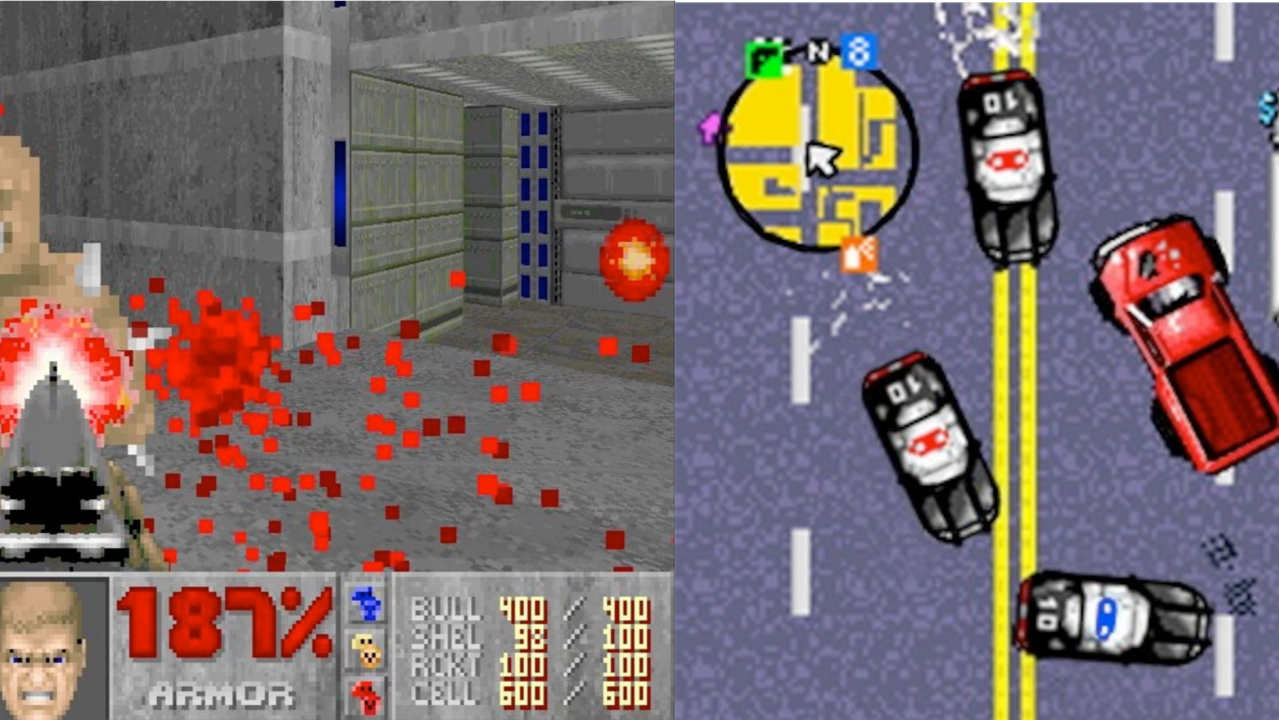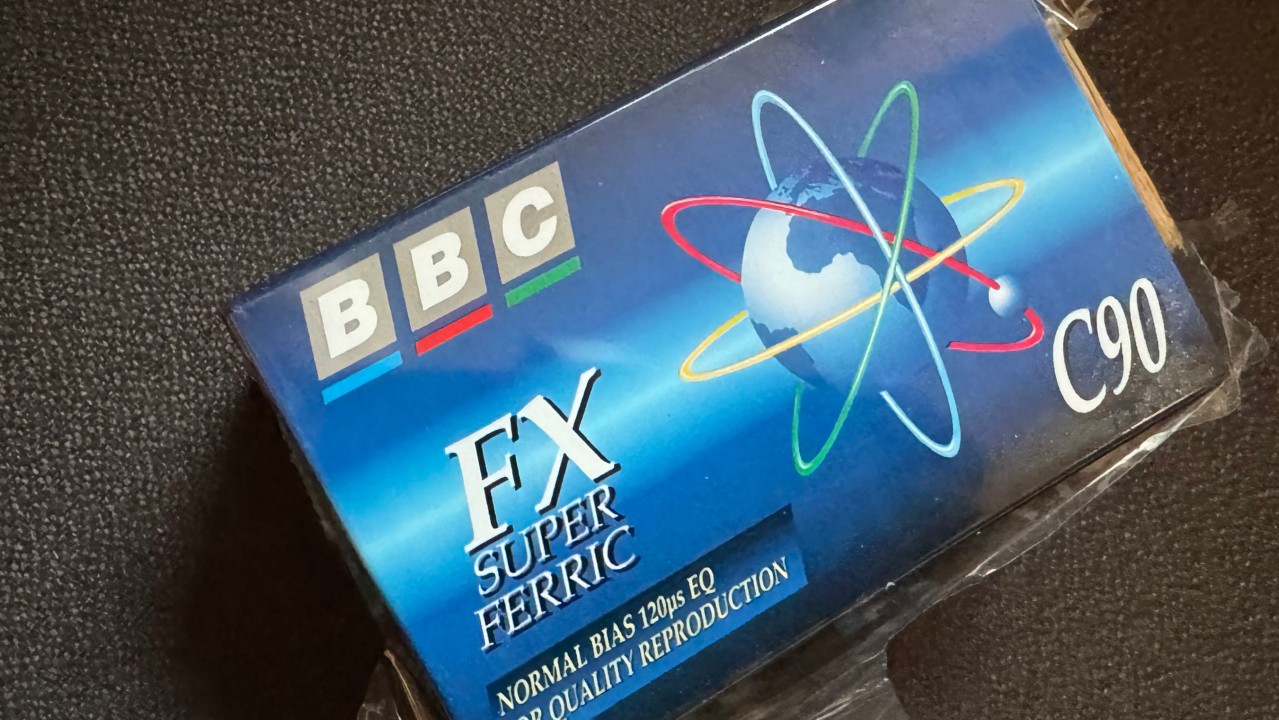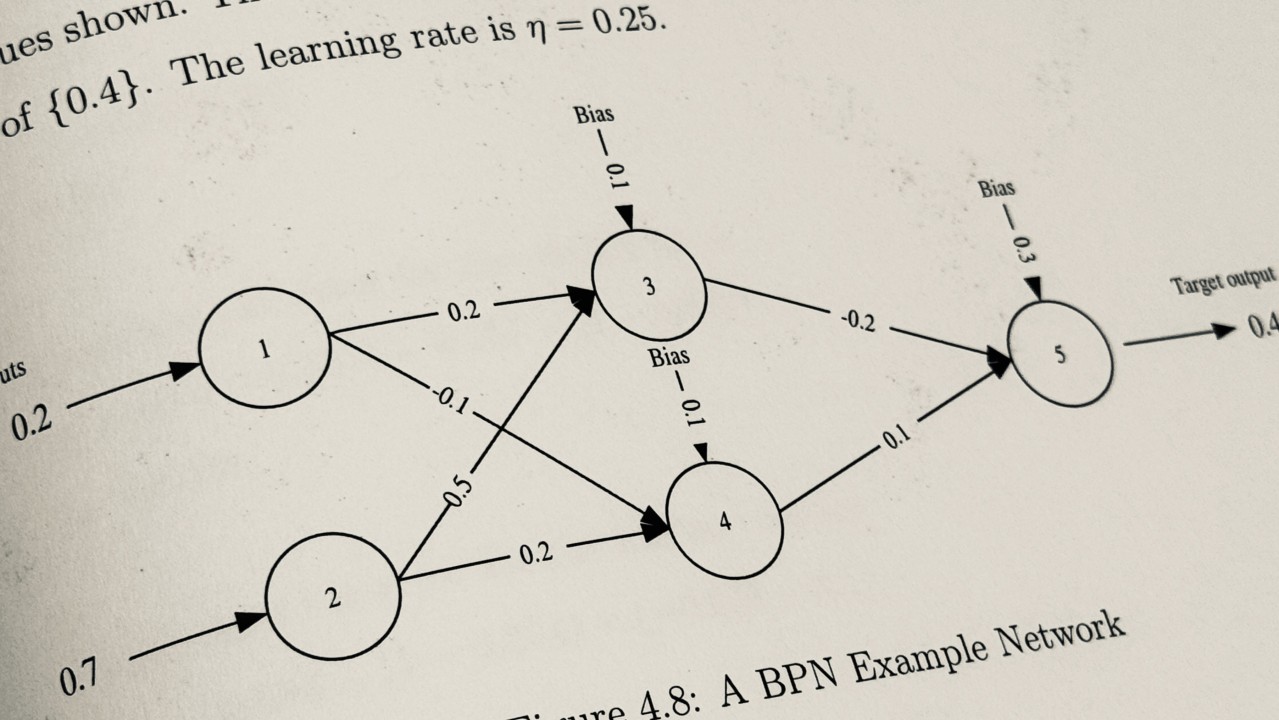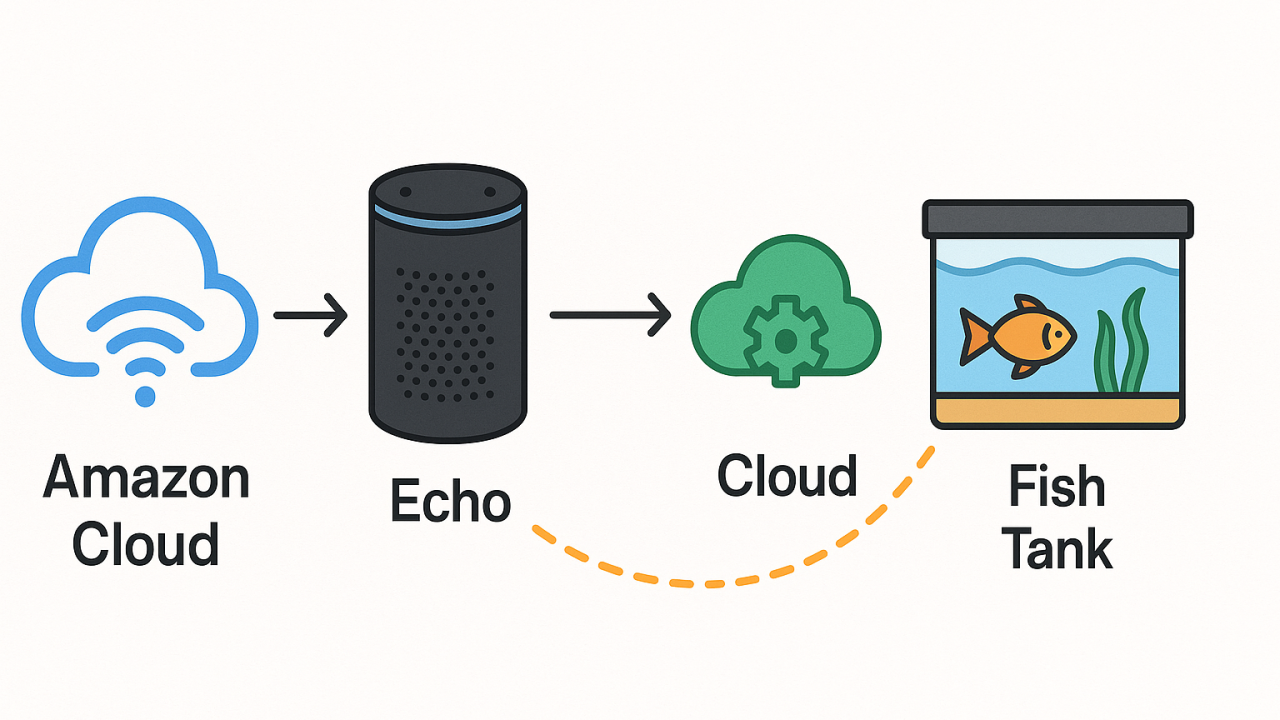
At home, I live in a digital jungle. There are 8 Amazon Echo devices spread across the house, 12 smart bulbs that illuminate on command, 12 smart sockets that silently manage everything from the fish tank lights to festive decorations, a smart thermostat and 4 wireless temperature sensors monitoring room comfort, 3 Wi-Fi mesh nodes keeping everything connected, a smart fridge, a smart oven, 5 smart TVs, 2 smart car chargers and everyone in the house has a phone and laptop.




